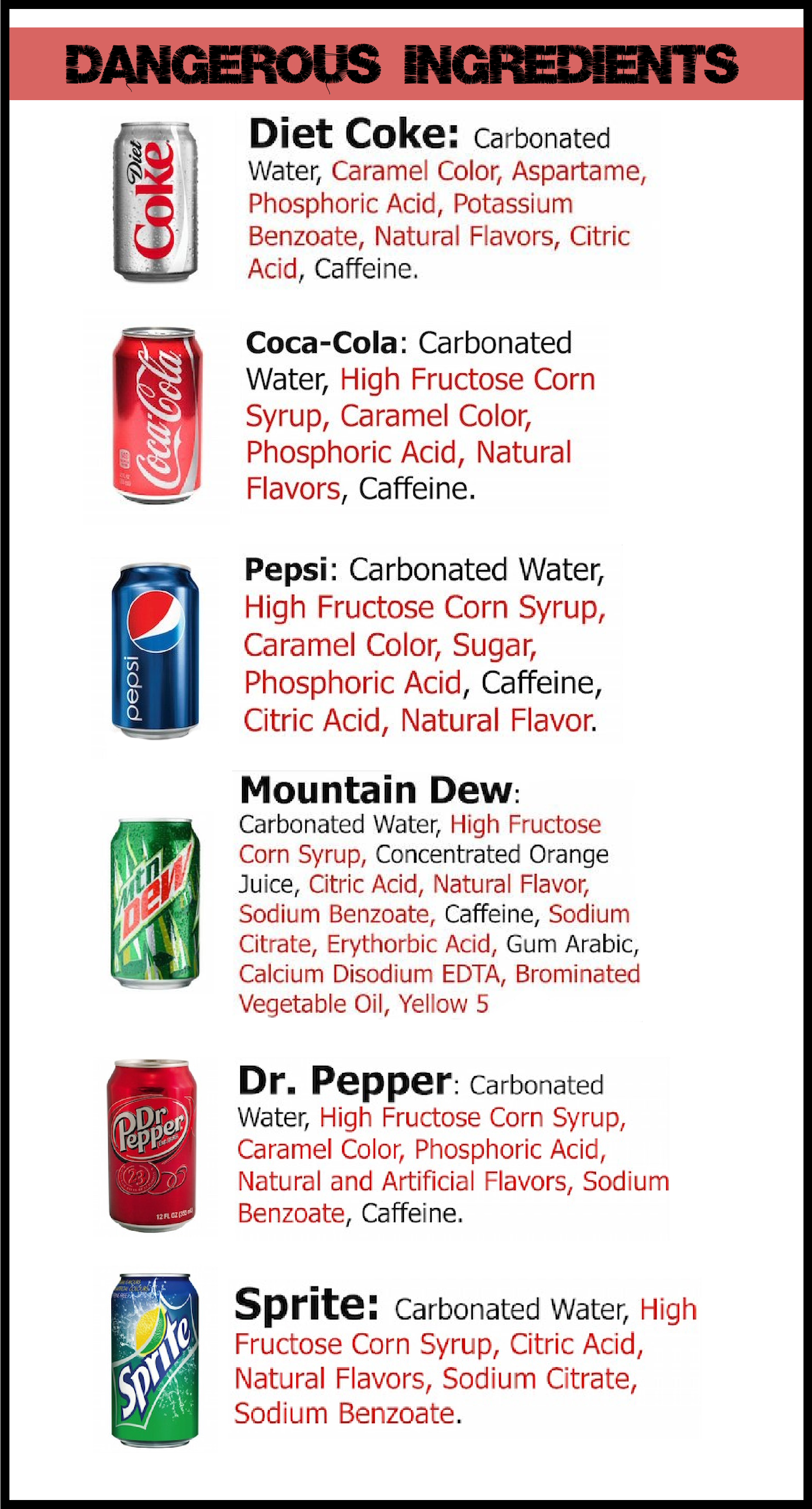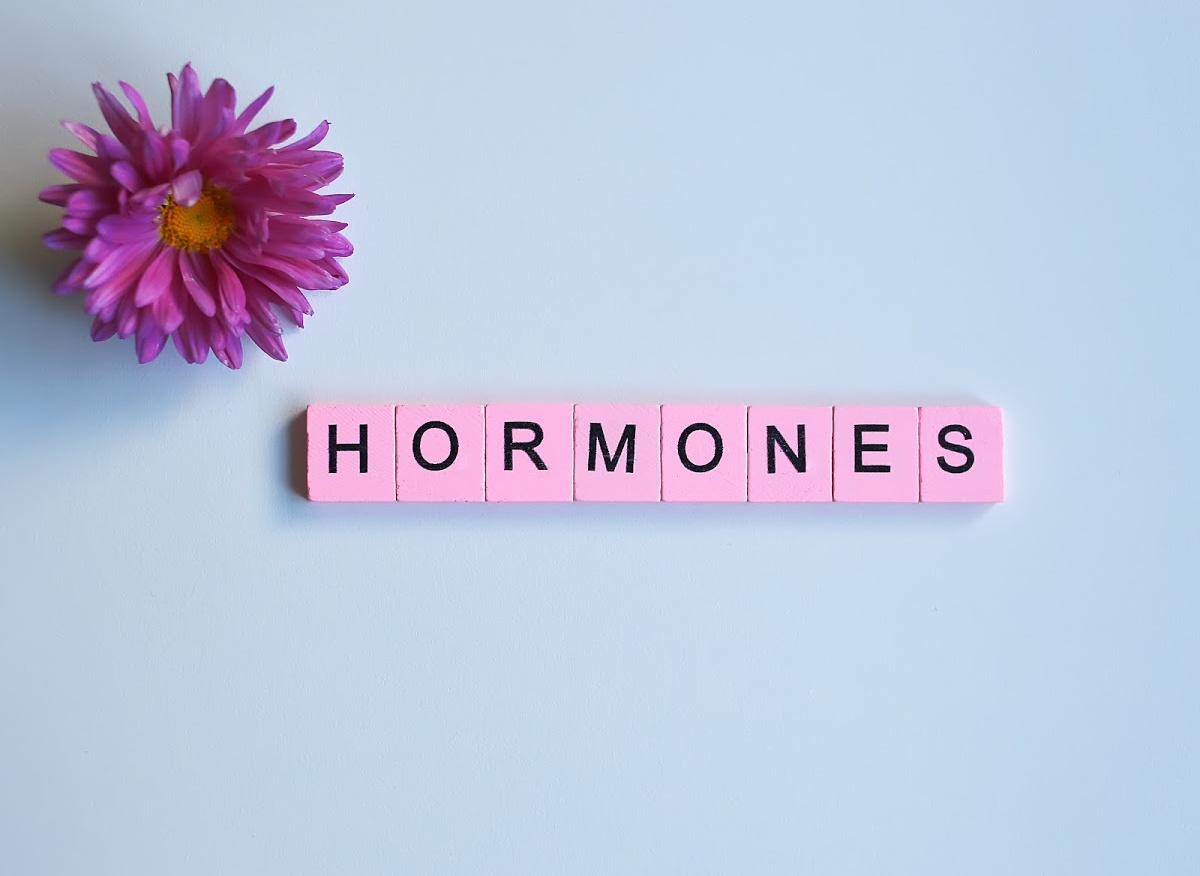HORMONAL IMBALANCE – REEKING HAVOC ON THE BODIES HEALTH!
Causes for hormonal imbalances include poor gut health, inflammation, high amounts of stress, genetic susceptibility, and toxicity
Hormones — such as estrogen, testosterone, adrenaline and insulin — are extremely important chemical messengers that affect many aspects of your overall health. Hormones are secreted by various glands and organs including your thyroid, adrenals, pituitary, ovaries, testicles and pancreas. The entire endocrine system works together to control the level of hormones circulating throughout your body, and if one or more is even slightly imbalanced it can cause widespread, major health problems.
Natural treatments include eating an anti-inflammatory diet, consuming enough omega-3’s, getting good sleep, customized exercise plan and controlling stress
Signs & Symptoms of Hormonal Imbalances
Some of the most common signs and symptoms of hormone imbalances include:
- Irregular periods and infertility
- Weight gain or weight management (unexplained)
- Depression and anxiety
- Fatigue
- Insomnia
- Low libido
- Changes in appetite
- Digestive issues
- Hair loss or thinning
- Foggy brain
- Mood changes and increased irritability
Taking a functional medicine approach to balance hormones would include identifying and addressing the underlying issues. Balancing with foods and nutraceuticals to help bring the body into balance. If you give the body the right environment it can heal itself.
A functional medicine assessment can provide many answers on how to prioritize a customized plan that will address all your underlying issues
- First looking at the neuroendocrine system and if cells are communicating with other cells
- Next is gut function, the gut microbiome must be healthy and promotes cell to cell and organ to organ communication and removing foods that may be causing issues
- Third is adrenal health, as all hormones are driven through the adrenals, if you have weak adrenals then you are going to have imbalances in hormone function
- Vitamin D levels are important – Vitamin D is more of a hormone then a Vitamin
- Leptin assessment – Leptin is a master hormone
- Stress assessment – Stress effects overall health and adrenal function
- Toxic load – Presence of toxic metals and chemicals
Balancing Hormones Naturally
- Improve Gut Health & Heal Leaky Gut Syndrome
Leaky gut is a condition that not only affects your digestive tract, but also causes hormone issues. Gut problems have been found to trigger autoimmune reactions, including arthritis and thyroid disorders.
When undigested food particles, like gluten for example, leak through your gut into your bloodstream, it causes low grade chronic inflammation that impacts the entire body — especially glands like the thyroid, which is very susceptible to heightened inflammation. Most people with leaky gut have a deficiency of probiotics in their guts. Probiotics are healthy bacteria that can actually improve your production and regulation of key hormones like insulin, ghrelin and leptin.
Leaky gut can be improved by implementing an elimination diet plan along with probiotic support, bone broth and glutamine powders.
- Eat Healthy Fats (Including Coconut Oil and Avocados)
Eating a variety of foods high in short, medium and long-chain fatty acids is key to keeping your hormones in check. Your body needs various types of fats to create hormones, including saturated fat and cholesterol. Not only are these essential fats fundamental building blocks for hormone production, but they keep inflammation levels low, boost your metabolism and promote weight management. Five sources of anti-inflammatory, healthy fats include: coconut oil, avocados, grass-fed butter, wild-caught salmon and coconut oil.
- Balance Your Intake of Omega-3 to Omega-6 Fats
Omega-3 fatty acids are a large component of brain-cell membranes and are important for cell-to-cell communication in the brain. Research shows that omega-3 fatty acids help protect against hippocampal neuronal loss and reduce pro-inflammatory responses.
However, steer clear from oils high in omega-6 fats (safflower, sunflower, corn, cottonseed, canola, soybean and peanut), and load up on rich sources of natural omega-3’s instead (wild fish, flax seed, chia seeds, walnuts and grass-fed animal products).
- Supplement with Adaptogen Herbs
These herbs are a unique class of healing plants that promote hormone balance and protect the body from a wide variety of diseases, including those caused by excess stress. Never use for more than 3 months.
- Supplement with Vitamin D3
According to an article from the American Journal of Clinical Nutrition, vitamin D3’s role in promoting health is more profound than previously suspected. Researchers found that vitamin D has an impact in the following ways
It affects “the adaptive immune system, the innate immune system, insulin secretion by the pancreatic β cell, multi-factorial heart functioning and blood pressure regulation, and brain and fetal development.”
Vitamin D almost acts like a hormone inside the body and has important implications for keeping inflammation levels low. This is why people who live in dark areas often suffer from seasonal depression and other health problems unless they supplement with vitamin D. Sunshine is really the best way to optimize vitamin D levels because your bare skin actually makes vitamin D on its own when exposed to even small amounts of direct sunlight. Most people should supplement with around 2,000 IU to 5,000 IU daily of vitamin D3 if they live in dark areas, during the winter, and on days when they’re not in the sun
- Reduce Stress & Get More Sleep
Unless you get 7-8 hours of sleep every night, you’re doing your body no favors. A lack of sleep or disturbed sleep interferes with your natural circadian rhythm and can be one of the worst habits contributing to a hormone imbalance.
Sleep helps keep stress hormones balanced, builds energy and allows the body to recover properly. Excessive stress and poor sleep are linked with higher levels of morning cortisol, decreased immunity, trouble with work performance, and a higher susceptibility to anxiety, weight gain and depression. To maximize hormone function, ideally try to get to bed between 9am and 10pm and stick with a regular sleep-wake-cycle as much as possible.
- Watch Your Caffeine & Alcohol Intake
Caffeine in moderate amounts might be okay for some people, but drinking too much caffeine is almost as bad as not getting enough sleep. Caffeine, which can stay in your system for up to six hours, is a chemical that affects the central nervous system (CNS) and raises your heart rate, increases alertness, and changes the way your brain produces hormones. Although caffeine overdoses are rare, caffeine is capable of elevating cortisol levels if it interferes with your normal sleep cycle. It might also have an impact on other stress hormones, such as adrenaline production. You’re probably aware that caffeine is addictive by nature, increases nervousness and anxiety in many people, and is linked with insomnia.
- Eliminate Toxic Kitchen, Beauty and Body Care Products
Another way to eliminate toxins in your body is to avoid conventional body care products that are made with potentially-harmful chemicals including DEA, parabens, propylene glycol and sodium lauryl sulfate. A better alternative is to use natural products made with ingredients like essential oils, coconut oil, shea butter and castor oil. The Environmental Working Group evaluated over 72,000 products and ranked them in an easy-to-understand guide to make sure you have a resource to keep your family safe. Check out Environmental working group website for more information.
- Exercise program should be custom to each individual
Exercise should be determined based on your personal health status, if you are in fatigue you may do best with Yoga or Pilates in the healing phase of a program and just interval training 1 or 2 x a week.
- Back Off Birth Control Pills
In simplest terms, “the pill” is a type of hormone therapy that raise estrogen levels to such dangerous levels that it can cause many complications.
Balancing hormones naturally involves taking a full person approach mind, body and spirit. If you give the body the proper environment by addressing the underlying issues, healing the gut and establishing proper communication in the body you will find hormonal balance over time.
Forum Health Clarkston
248-625-5143
References:
Dr Josh Axe hormone balance
Environmental working group
American Journal of Clinical Nutrition Vit D
Wikipedia







